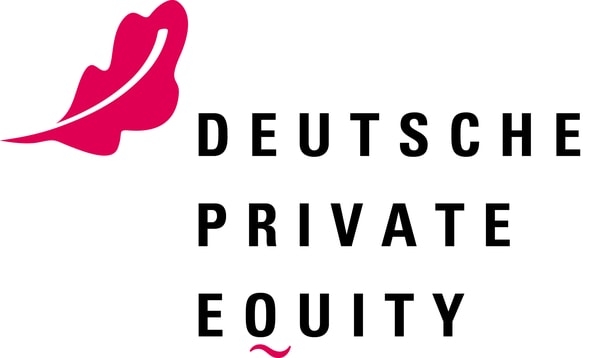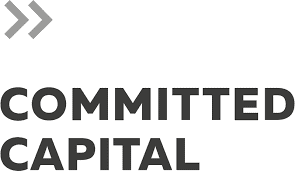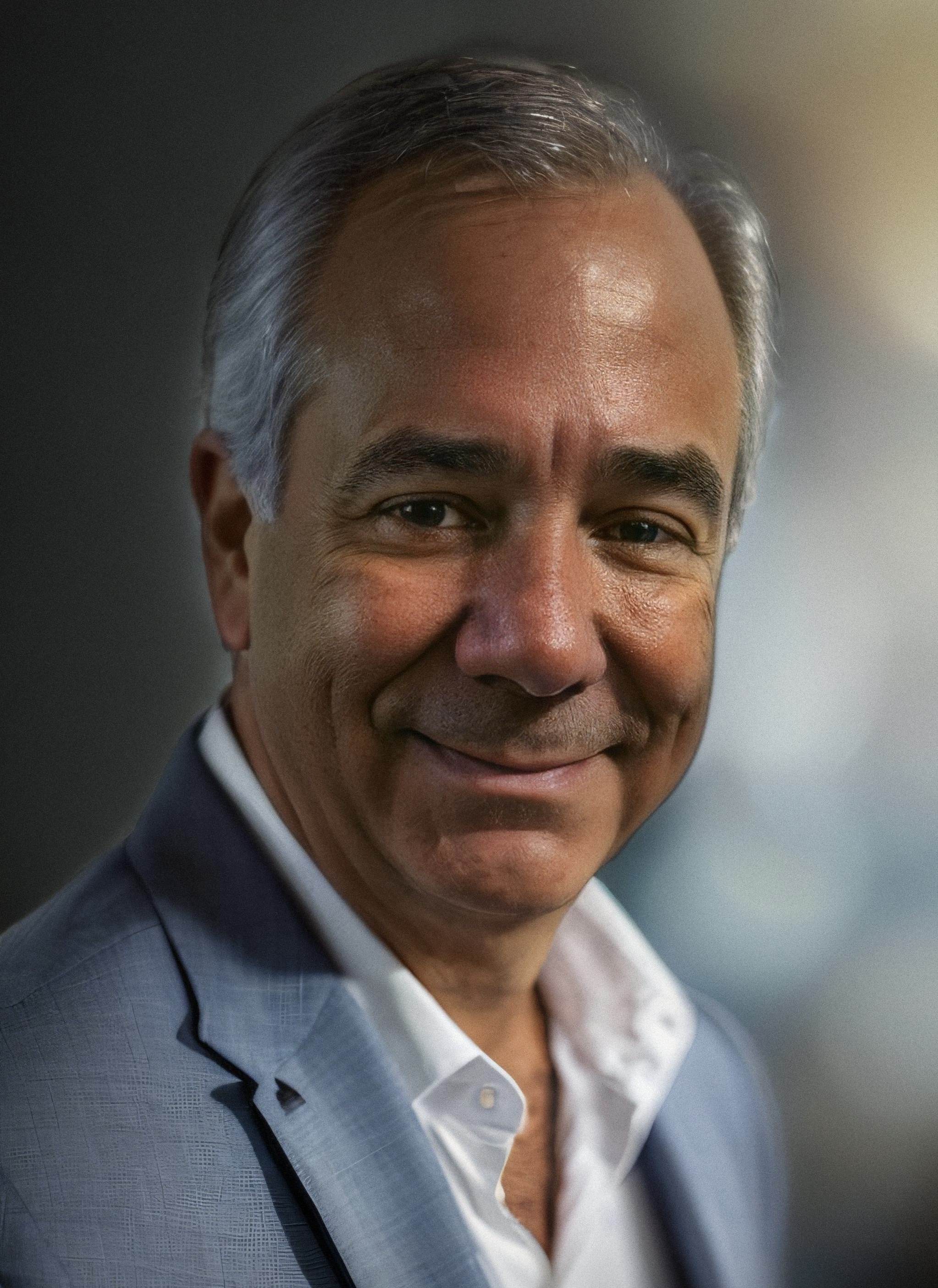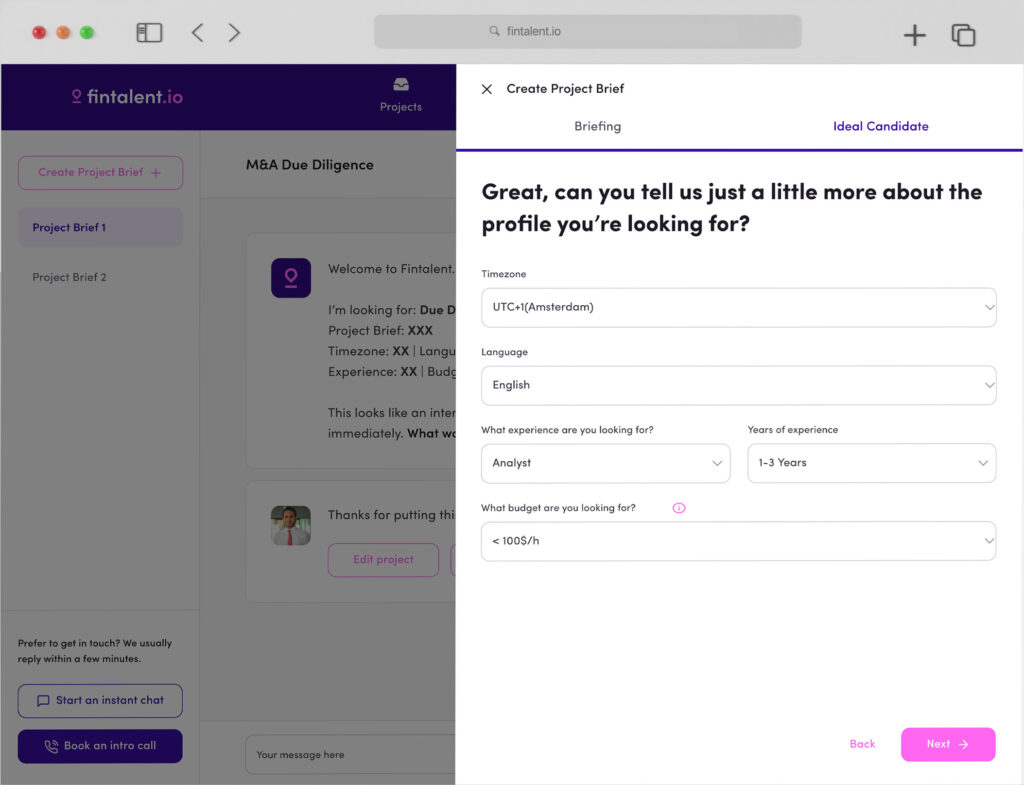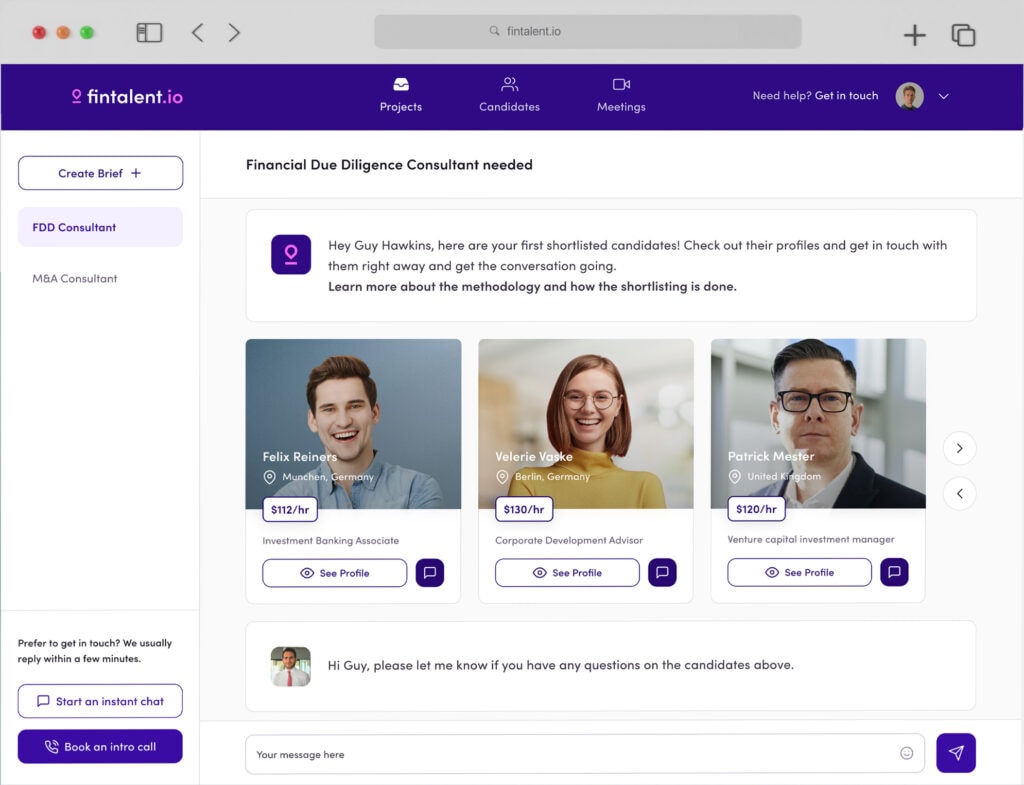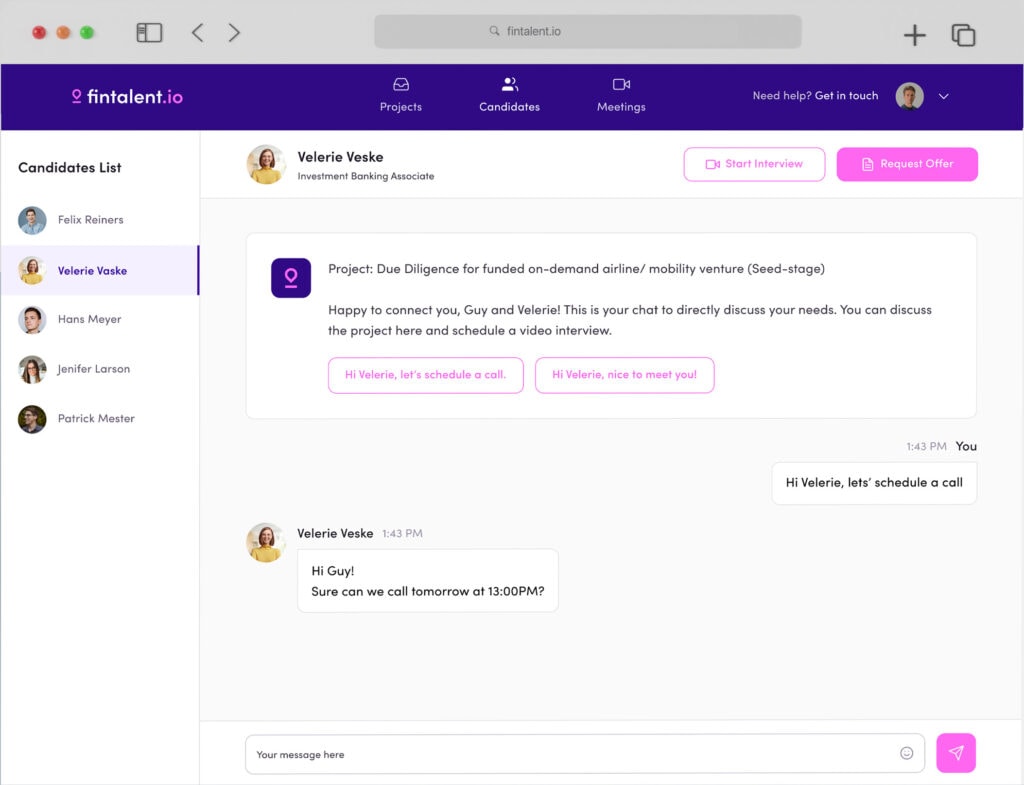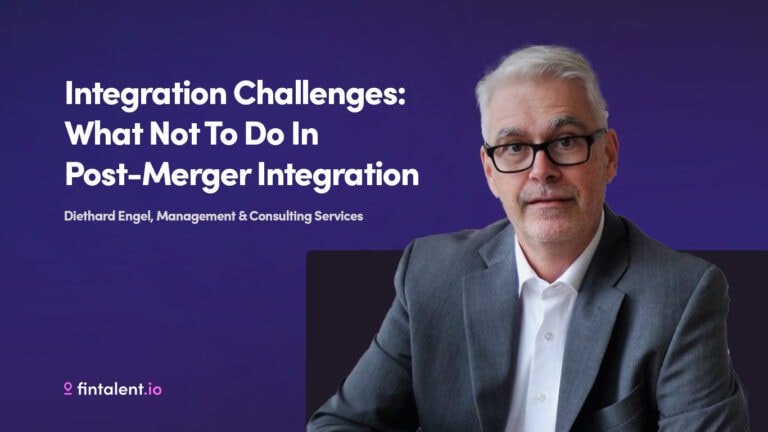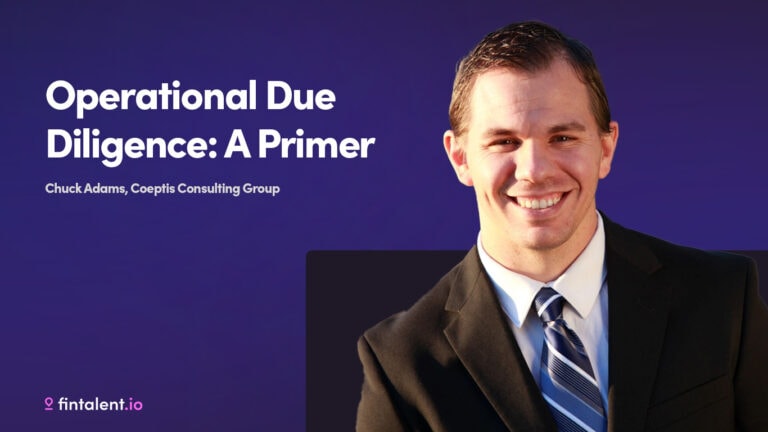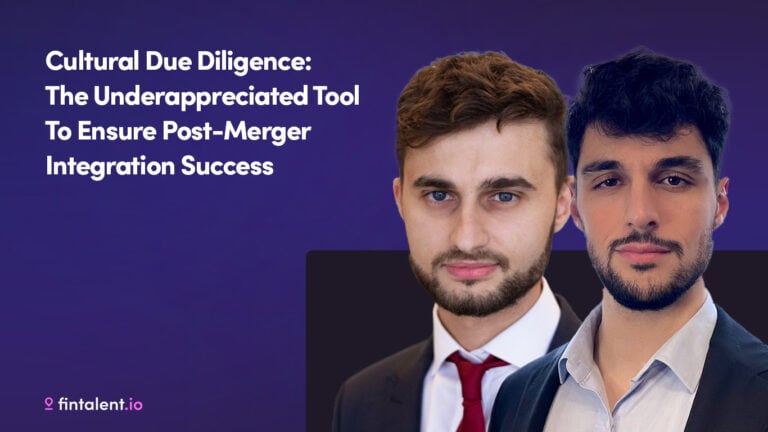What is Forecasting?
Forecasting in finance includes all of the activities related to predicting future values for an economic variable or asset price based on past data and/or other information. Fintalent Forecasting Consultants use statistical models and methods to predict future values of certain economic indicators or securities prices. Financial forecasts can be very valuable to companies, governments, investors, etc. as they help predict how markets will change over time and help make appropriate decisions based on those predictions. They allow firms to make adjustments in their market strategies, such as buying and selling stocks or issuing bond, that would have otherwise been made in error. By making adjustments, firms can prevent losses on their investments and maintain a certain degree of profitability. While many people do not realize this, forecasting is much more than simply forecasting future values for the average price of a security based on past prices. It is a sophisticated form of economic modeling that requires careful data analysis and careful consideration of relevant factors.
Before Forecasting
A good forecasting model should reflect the correct relationships between economic variables, reverse causality, and other factors. Forecasters must also be able to adjust their forecasts to changing conditions and trends in the real world by incorporating changes in key inputs (such as growth rates of gross domestic product or unemployment rates). These conditions and trends must be considered carefully if one is to avoid making a forecast that turns out to be wrong because of faulty assumptions. A common mistake made by forecasters is over-adjusting data in order to make the forecast more accurate. After all, after making a forecast, many people like to believe their prediction was correct. However, it is important to remember that a forecast is just that forecasts: an estimate, and not an exact number. While forecasting can be extremely useful, it is not perfect because all economic variables and asset prices are complex; in other words, they do not always behave in a linear way. Because of this complexity, the forecaster needs to make some simplifying assumptions in order to reduce the amount of data needed to produce the forecast.
Forecasts are made based on information that another human being has collected or estimated. In the case of financial forecasts, two types of people that collect and/or estimate information are usually involved: economists and market researchers. Economists are generally the experts on the economic variables they forecast and draw upon data such as GDP, inflation, unemployment, etc. They also have access to a vast amount of information about what other economists know about those same variables so that they can make their forecasts. Market researchers are responsible for collecting information about the stock market or some other financial asset (like foreign currency exchange rates). They collect certain data from known sources like historical prices and then apply formulas to predict future values. With this information, market researchers can make predictions for things like expectations about how a stock index will behave in the future by using past price movements as constants. However, they cannot predict events that haven’t occurred or cannot be affected by changes in circumstances or expectations.
How is Forecasting Done?
In finance, a forecast is not made just once but rather over and over again throughout different periods. A good forecaster must make forecasts based on several different economic data sets in various cycles. For example, in one cycle he might make a forecast based on GDP growth rates and inflation rates while another cycle he might use unemployment rates. In addition to this, the forecaster also makes macroeconomic forecasts that include his predictions of what central banks in other countries will do with interest rates as well as other factors such as the business cycle. Finally, the forecaster uses all of this information to make financial forecasts that include his predictions of interest rates and bond yields, exchange rates, and stock prices.
When making a forecast there are several different techniques that can be used. The most common technique is to use a regression analysis method where a relationship between two variables is estimated in order to make the prediction. Regression analysis also allows for analysts to test the strength of their findings by seeing how well they fit historical data points. Another very useful technique is scenario analysis which involves making different forecasts based on one’s expectations about what will happen in the future. One must make assumptions about how events will unfold that are not completely within his control. This technique can produce different forecasts based on the assumptions made. For example, a person might use the assumption that the US Dollar will strengthen against foreign currencies, while another forecast might use the assumption that they will weaken. In this way, scenarios could be determined and compared to actual events in order to see how well they fit what actually happened in the future. Finally, a common method used by experts is looking at patterns in historical data. A good analyst looks for behavior or trends found in past data sets to make his predictions. This technique requires a careful analysis of historical data as well as an understanding of why certain events occurred. In addition to all this, a good analyst will also remember to analyze the economic conditions that are likely to lead to a change in the forecast. For example, a forecaster might notice that because of an increase in unemployment and an increase in inflation, he might need to make an adjustment to his forecast as they create new variables into his model.
In the real world, forecasts are rarely perfect. In fact most people who make forecasts will admit that they do not have perfect predictions. There is no way for anyone to know for sure what will happen in the future so it is important for forecasters to make reasonable assumptions about what may occur and what does not occur. In addition, a good forecaster has to be able to weigh the costs and benefits of making his forecasts and when it is best to make them. For example, he might have great economic data but it is only available once a quarter. He could make only one forecast at the end of each quarter but that would be four times as many forecasts than if he were to use an average of the data from two quarters in those predictions. In some situations this might be alright, but in others it would not be so good because the assumptions he makes about what happened during those unseen quarters may not reflect reality. Therefore, there are many elements involved in making a forecast that require careful consideration by the stock forecaster. This is why Fintalent’s provides a platform to hire seasoned Forecasting Consultants to handle such responsibilities on behalf of firms.


